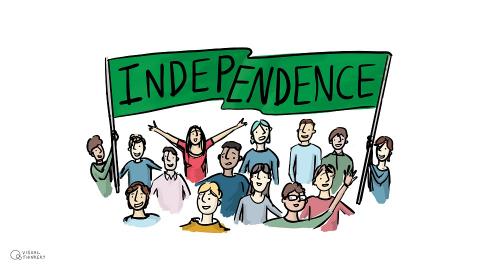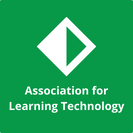
We have now published ALT's written response submitted by Dr Maren Deepwell, chief executive, on behalf of the Association for Learning Technology, registered charity number 1160039.
Our response is focused on the case studies and input provided by ALT Members. Many of ALT’s Member Institutions have also submitted individual responses.
Here is a a summary of the key questions points:
Summary
-
ALT is making this submission as a membership body, representing over 3,000 individuals and organisations, including universities, colleges and e-learning businesses from across the UK;
-
As the leading professional body for Learning Technology in the UK, ALT has been providing crisis support throughout the pandemic and we are well placed to respond rapidly to the changing needs of our Members and the wider community we serve;
-
Learning Technology professionals have an important role to play in advising policy makers, helping institutions develop informed and effective use of technology for learning, teaching and assessment, and supporting educators and learners to develop appropriate skills;
-
With a greater shift to online provision Learning Technology expertise is essential to help institutions make informed decisions and set longer term strategies beyond the current crisis.
In our submission we make the following recommendations:
-
Institutions should support Learning Technology professionals more strongly in particular where overall digital learning and teaching has been upscaled significantly and resources have been stretched including offering staff professional recognition through established accreditation pathways such as CMALT.
-
Institutions should adopt ethical frameworks for the adoption of Learning Technology such as proctoring software.
-
Government should increase its efforts to support people to develop their digital skills and improve access to online learning in particular for those in digital poverty.
-
Government should mandate that all publicly funded educational resources be licenced openly as Open Educational Resources (OERs) to support knowledge sharing and collaboration between institutions and encourage providers to support the Open COVID Pledge for Education.
-
The Office for Students should work with professional and sector bodies to highlight best examples of online learning and to promote these more widely.
-
The Office for Students update its definition of digital poverty to apply to staff as well as students and that this should be taken into account in this review as it impacts on learning and teaching.
We would further welcome that the Office for Students consider use of broader definitions instead of ‘remote delivery’ and ‘digital learning and teaching’ in future, reflecting the rich reality of Learning Technology in active blended, hybrid and fully online learning, teaching and assessment. Assessment is a key part of the student experience and a driver of learning design and delivery.
You can download the full response here.
